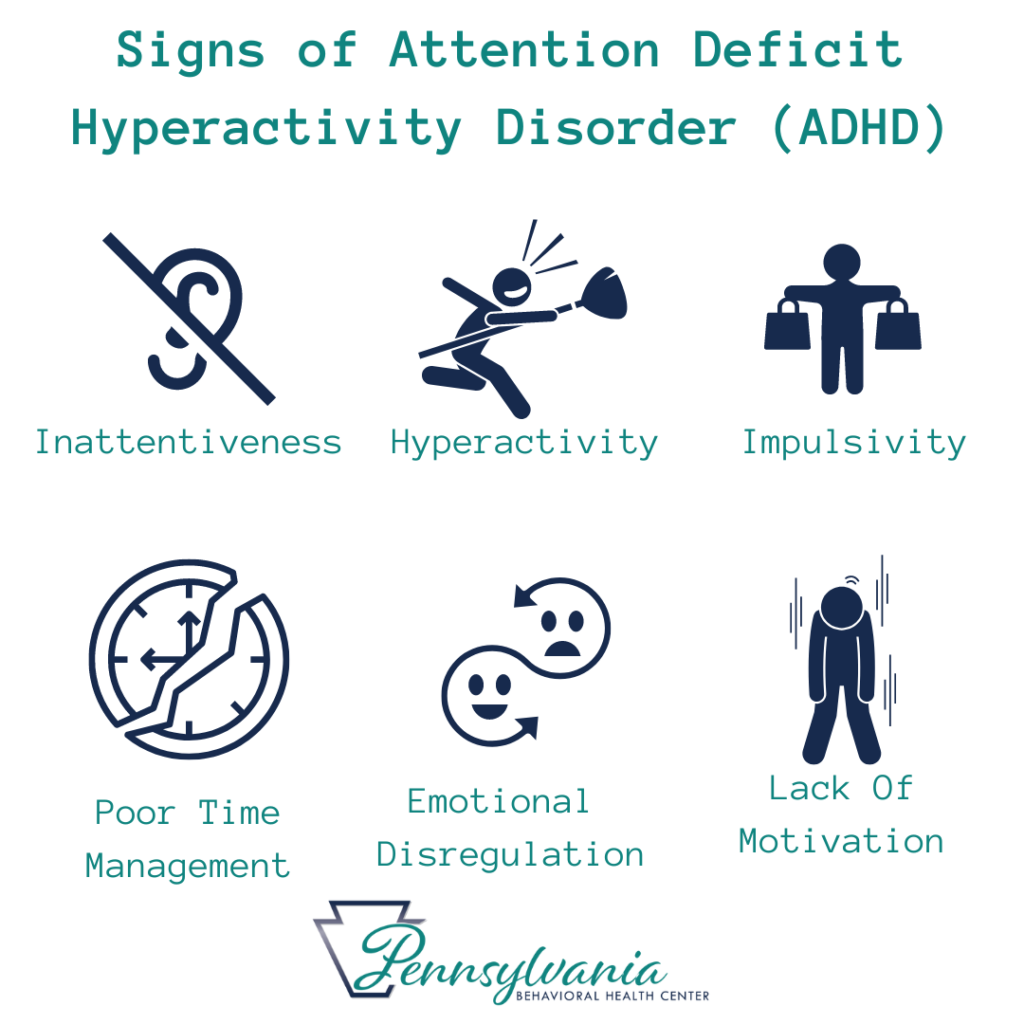The Benefits of Tailored ADHD Treatment Plans for Better Results
The application of customized ADHD therapy plans has arised as a critical approach in boosting restorative results for individuals affected by this condition (ADHD treatment). By recognizing the one-of-a-kind manifestations of ADHD in each individual, these customized interventions advertise better interaction and motivation, ultimately leading to extra effective coping strategies.
Comprehending ADHD Irregularity
Although Attention-Deficit/Hyperactivity Problem (ADHD) is often perceived as a single condition, its indications can differ significantly amongst people. This variability is affected by a variety of aspects, including age, gender, coexisting problems, and environmental contexts. For example, kids with ADHD may display hyperactive behaviors, while grownups might primarily battle with focus deficits. Sex distinctions additionally play a duty, as men are much more often diagnosed with ADHD and typically present extra obvious signs and symptoms, whereas ladies might provide with less obvious inattentiveness.
Moreover, individuals with ADHD may experience a spectrum of psychological and behavior obstacles, such as anxiety or oppositional defiance, that can complicate medical diagnosis and therapy. The interaction of these elements can lead to diverse experiences of ADHD, necessitating a nuanced understanding of the problem. It is additionally worth noting that ADHD can provide in different ways throughout numerous social contexts, affecting how signs and symptoms are identified and resolved. This understanding emphasizes the importance of identifying ADHD as a complex problem, which requires customized strategies to therapy that take right into account the special requirements and experiences of each person.
Secret Parts of Personalization
Customized ADHD treatment plans are grounded in a number of crucial elements that make sure efficient administration of the problem. A detailed evaluation is essential, entailing standardized score ranges, meetings, and behavior monitorings. This detailed assessment enables medical professionals to understand the person's distinct symptoms, toughness, and challenges.
2nd, the participation of multiple stakeholders, including moms and dads, teachers, and the individual, contributes to a holistic view of the person's demands. Partnership fosters an encouraging setting that can adjust to the person's context and lifestyle.
Third, therapy strategies should be versatile and adaptable, allowing for modifications based on ongoing feedback and the individual's developing demands. This adaptability allows the assimilation of various healing methods, such as behavior interventions, psychoeducation, and medication administration.
Moreover, social and contextual variables must be thought about. Acknowledging the individual's background, worths, and preferences guarantees that the treatment matters and considerate.
Finally, normal follow-ups and assessments are necessary to monitor progress and make required changes. By concentrating on these essential components, individualized ADHD treatment plans can significantly improve the efficiency of interventions, causing improved results for individuals with ADHD.
Improved Engagement and Motivation
To successfully advertise enhanced involvement and motivation in individuals with ADHD, it is important to include methods that reverberate with their passions and strengths. Individualized treatment types of depression plans that line up with an individual's enthusiasms can lead to raised involvement in healing tasks, cultivating a feeling of possession and enthusiasm for the procedure.
Using interactive and innovative strategies can also dramatically boost motivation. For instance, integrating gamification elements or real-world applications of skills can make tasks much more appealing and relevant. This not just records interest however additionally reinforces discovering through enjoyable experiences.
Furthermore, setting achievable and meaningful objectives customized to the person can bolster motivation. When people see their progression towards personally considerable objectives, they are most likely to stay involved. Regular comments and acknowledgment of accomplishments can better receive motivation, creating a positive responses loophole that urges ongoing effort.
Lastly, cultivating a helpful atmosphere where individuals really feel comprehended and valued can significantly influence their interaction degrees. When treatment strategies are created collaboratively, including input from the person, they are more probable to feel purchased their journey, eventually causing boosted end results in taking care of ADHD.
Improved Coping Techniques
Establishing enhanced dealing techniques is vital for people with ADHD, as it outfits them with effective devices to browse day-to-day difficulties. top article A customized treatment plan enables for the identification of particular coping systems customized to the person's special needs and scenarios - ADHD treatment. Techniques such as mindfulness, time management skills, and organizational methods can be incorporated into everyday routines, fostering a feeling of control and minimizing anxiousness
Mindfulness techniques, consisting of reflection and deep-breathing workouts, assistance individuals with ADHD focus their attention and manage their emotions. Time management approaches, such as utilizing timers or breaking jobs into smaller, convenient steps, can reduce feelings of bewilder. Furthermore, organizational devices like organizers and checklists can improve efficiency and responsibility.
Long-term Positive Results
Executing customized ADHD therapy plans can result in significant lasting favorable end results for people. These customized techniques, which take into consideration distinct symptoms, preferences, and life situations, assist in extra effective management of ADHD symptoms with time. By concentrating on the details needs of the person, these plans improve adherence to therapy methods and foster greater engagement in therapeutic activities.

Additionally, customized therapy strategies can considerably reduce the threat of comorbid problems, such as anxiousness and depression, which are frequently connected with ADHD. Early intervention and regular assistance help people construct resilience and coping strategies, promoting total mental health.
Inevitably, the long-term positive outcomes of customized ADHD therapy prepares not just improve the lifestyle for individuals but also add to their overall wellness and success in numerous life domain names. This alternative method emphasizes the value of customized care in managing ADHD successfully.
Conclusion
